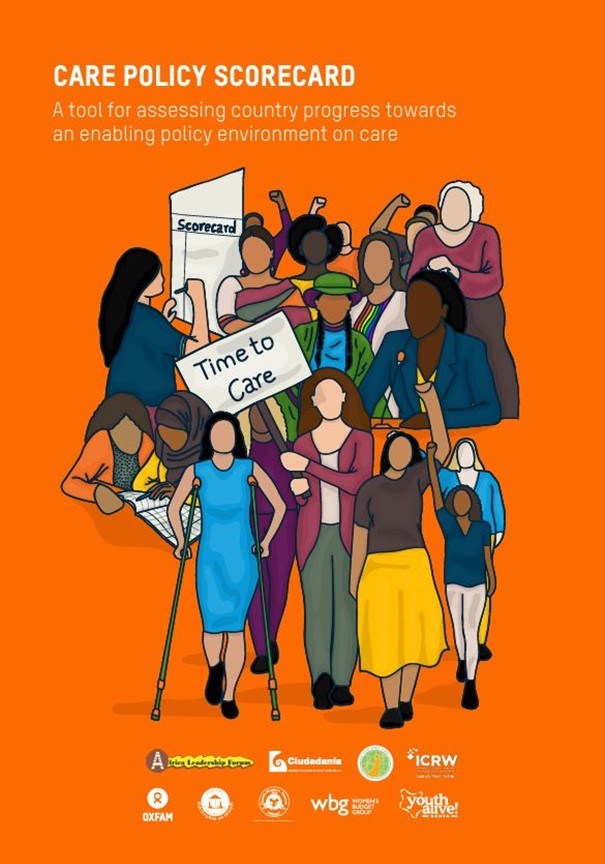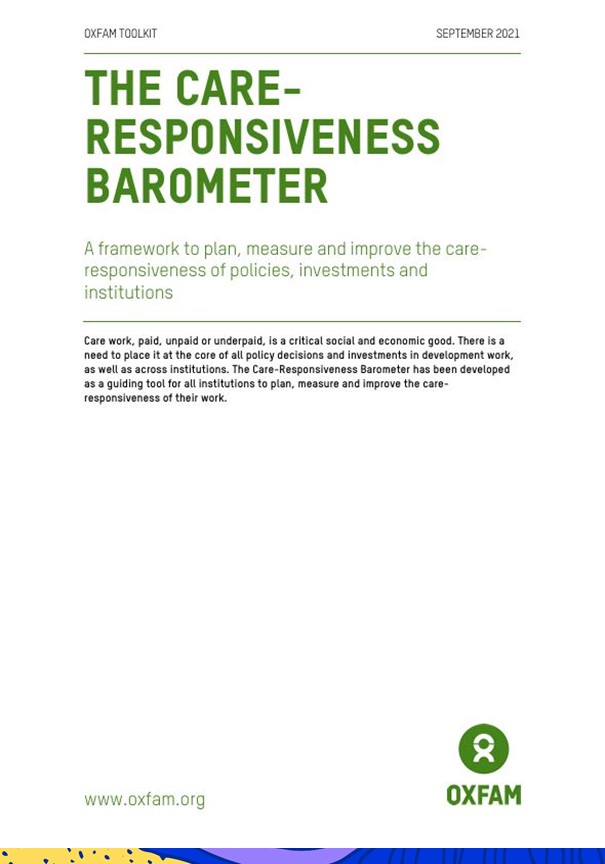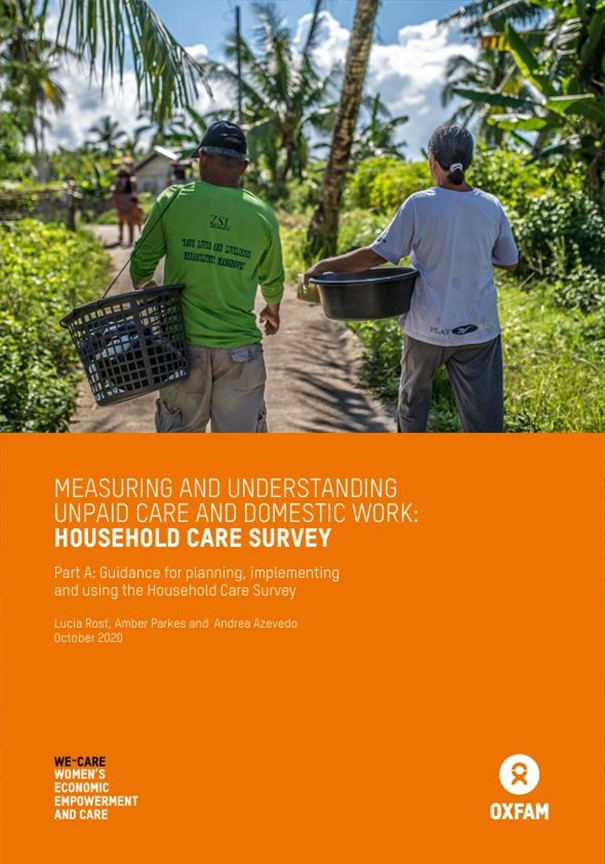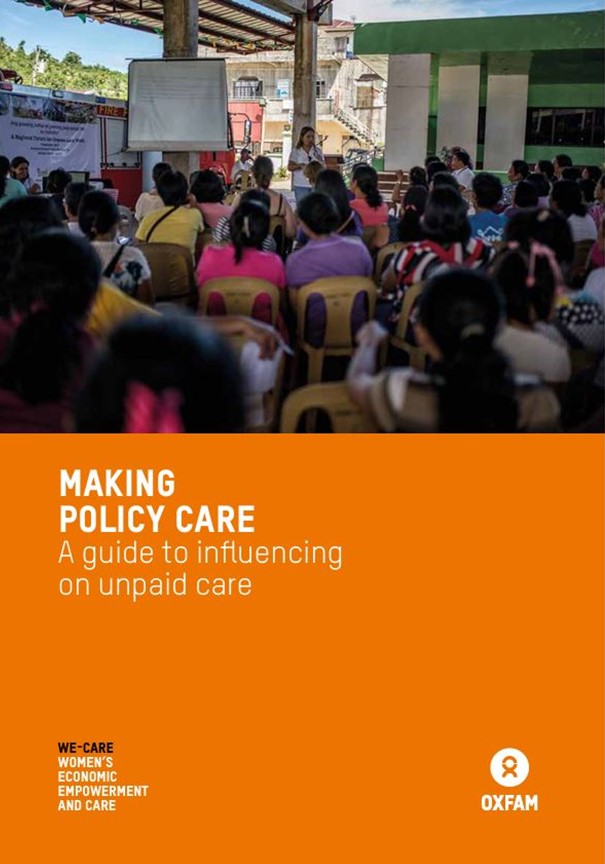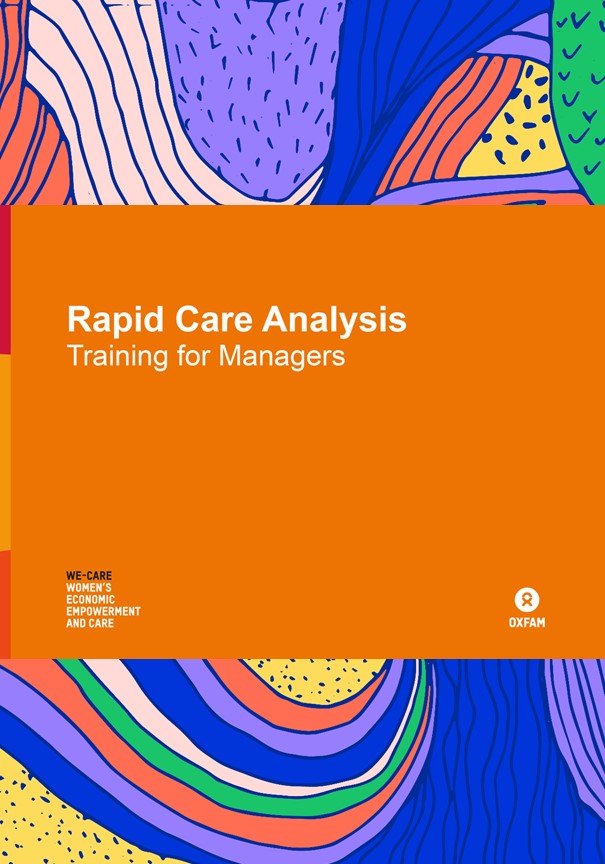Care Policy Scorecard: A tool for assessing country progress towards an enabling policy environment on care
The Care Policy Scorecard provides a practical tool to assess and track the extent to which government policies related to care are adopted, budgeted for and implemented, and the extent to which they have a transformative effect on care. It can be used at the national or sub-national level. The Scorecard is intended to be used by civil society, government and academia alike.

